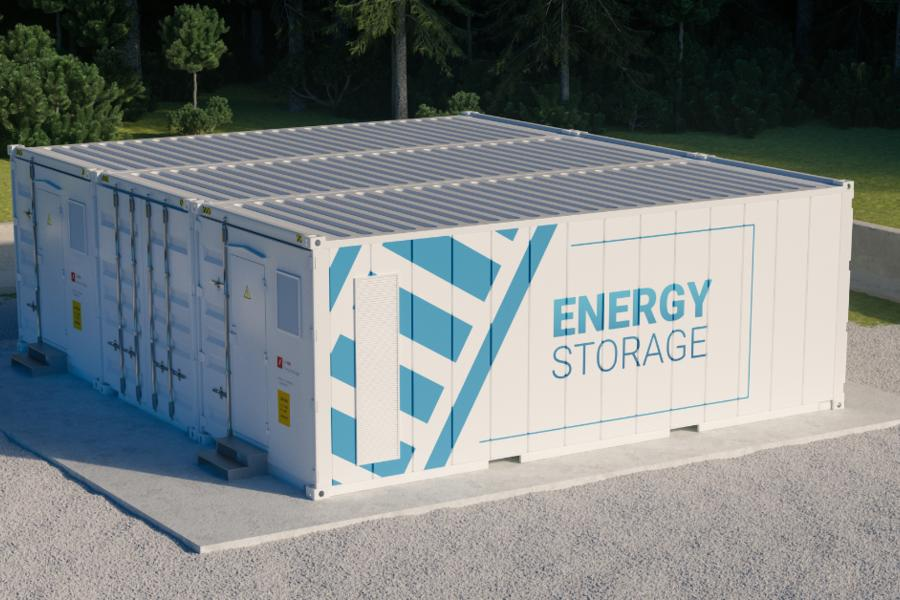
Africa is experiencing rapid growth in energy demand driven by increasing populations, urbanization, and economic development. To meet this demand sustainably and ensure energy security, effective energy storage solutions are critical. Energy storage technologies play a pivotal role in integrating renewable energy sources like solar and wind into the grid, providing backup power, and enhancing grid stability.
Overview of Energy Storage Needs in Africa
- Renewable Energy Integration: Africa has abundant renewable energy resources. Energy storage can help mitigate the intermittency of renewables like solar and wind.
- Grid Stability and Reliability: Many African countries have weak or limited grid infrastructure. Energy storage can enhance grid stability and provide backup during outages.
- Off-Grid and Mini-Grid Solutions: In areas without access to the main grid, energy storage paired with renewables can provide reliable electricity.
Key Energy Storage Technologies Relevant to Africa
- Lithium-ion Batteries: Widely used for their high efficiency and decreasing costs. Suitable for both grid-scale and off-grid applications.
- Lead-Acid Batteries: More affordable but with shorter lifespans. Often used in smaller off-grid systems.
- Flow Batteries: Promising for long-duration storage and grid-scale applications.
- Pumped Hydro Storage: One of the most mature technologies for large-scale storage, where geography permits.
Applications of Energy Storage in Africa
- Utility-Scale Storage: For grid stability, peak shaving, and integrating renewables into the main grid.
- Mini-Grids and Off-Grid Systems: Essential for providing reliable power in rural or isolated areas.
- Commercial and Residential Storage: For backup power and managing energy costs.
Challenges to Energy Storage Deployment in Africa
- High Upfront Costs: Despite decreasing costs of technologies like lithium-ion, initial investments remain a barrier.
- Limited Technical Expertise: Need for capacity building and training for installation, operation, and maintenance.
- Policy and Regulatory Frameworks: Many countries lack specific policies to support energy storage deployment.
Opportunities and Future Outlook
- Growing Interest in Renewables: As Africa increases its renewable energy capacity, the need for storage solutions grows.
- Innovative Business Models: Pay-as-you-go models and partnerships can make energy storage more accessible.
- International Cooperation and Funding: Support from international organizations can help overcome financial and technical barriers.
Examples of Energy Storage Projects in Africa
- South Africa: Projects like the Eskom battery storage project aim to enhance grid stability.
- Kenya: Mini-grid projects with storage are expanding access to electricity in rural areas.
Conclusion
Energy storage is vital for Africa’s energy future, enabling greater integration of renewables, improving grid stability, and expanding access to electricity. Addressing challenges through policy support, funding, and capacity building will be key to unlocking the potential of energy storage in Africa.
Summary
Energy storage solutions are crucial for Africa’s growing energy needs, especially with renewables integration. Challenges include costs and limited expertise, but opportunities abound with growing renewables capacity and innovative models.
